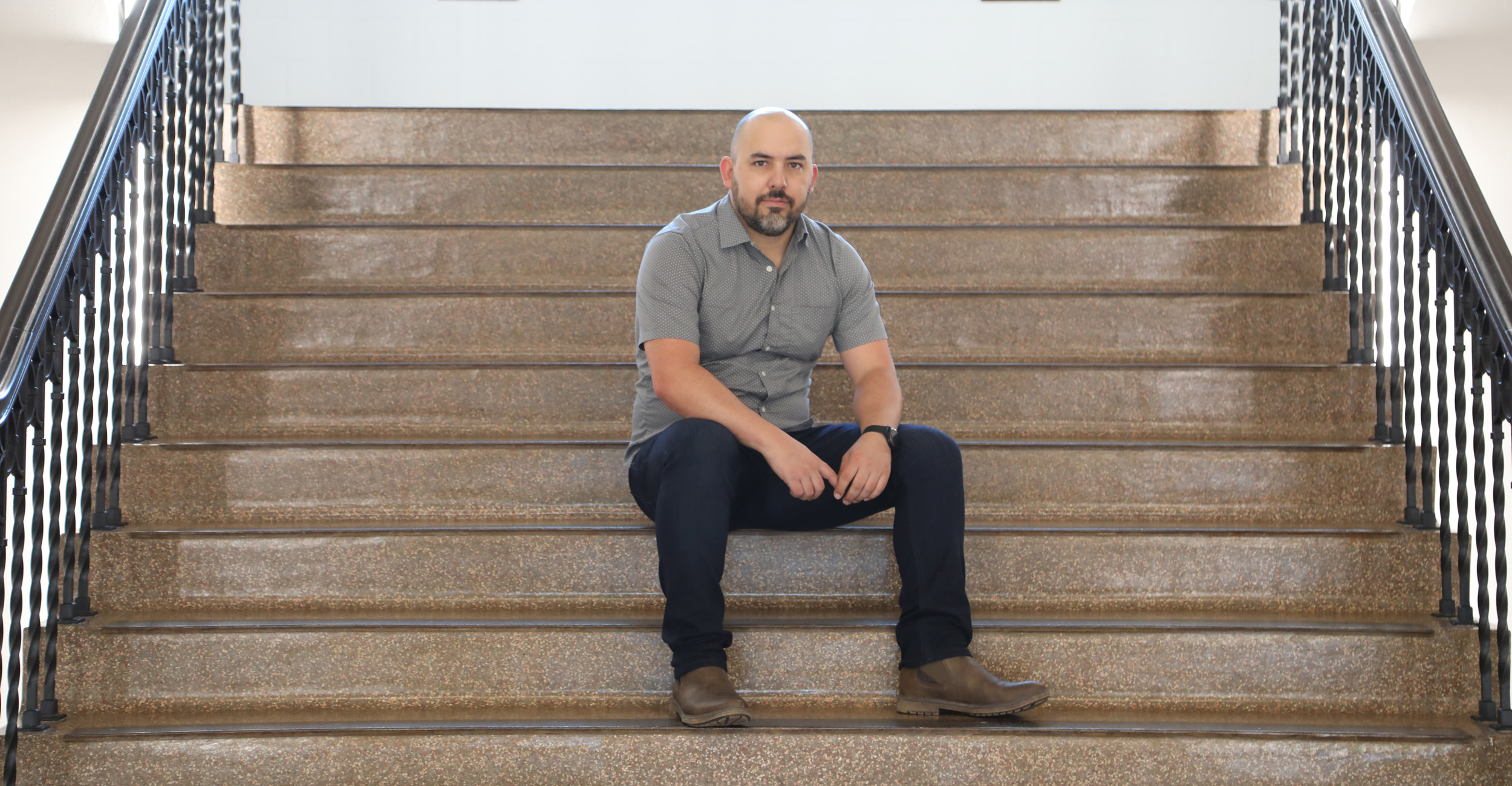
CEAT's Gonzalez Estrella awarded NSF CAREER grant
Monday, June 10, 2024
Media Contact: Desa James | Communications Coordinator | 405-744-2669 | desa.james@okstate.edu
Dr. Jorge Gonzalez Estrella, assistant professor of environmental engineering at Oklahoma State University, has been selected as a recipient of the Early CAREER Award from the National Science Foundation for his research on reactivity and mobility of micro- and nanoplastics from open burning of solid waste in underserved communities.
This NSF award is the most prestigious award for early career faculty and according to the organization, is seen as an indication of the awardee’s “potential to serve as academic role models in research and education and to lead advances in the mission of their department.”
Gonzalez Estrella’s motivation for this project is to provide information to those communities affected by the open burning of solid waste. He plans to look at three issues regarding open burning of plastics. First, the effect created by the release of organic carbon and additives from partially burned microplastics into the environment. Second, to understand how partially burned microplastics move through sediments. And third, how contaminants from open burning can impact the soil biochemicals cycle.

Gonzalez Estrella’s research goal is to better understand the reactivity and mobility of microplastics generated by open dumping and burning of solid waste and share that information with community members, working toward facilitating appropriate waste management for those areas that do not currently have access.
Another large part of the project will be outreach and extension. Gonzalez Estrella and his team plan to implement summer workshops with high school students to design an affordable device to preliminary detect microplastics. They also plan to work with the OSU solid waste extension cohort to talk with farmers about the importance of reducing open burning.
Because people worldwide lack access to appropriate waste management, the findings from this research could have a substantial impact by educating the public and local officials on the negative implications open dumping and burning can have on a community's soil and water quality.
“The open dumping issue affects about 2 billion people around the world,” Gonzalez Estrella said. “In the United States, this issue primarily affects remote and underserved communities, including farmers, Native American communities, and those in rural areas. It's also a common practice in parts of Latin America, some regions in Europe, Africa, Oceania, and Asia.”
From an early age, Gonzalez Estrella saw first-hand how big a problem open dumping and burning was to Mexico's beautiful environment. He always enjoyed spending time in nature, especially when visiting his grandparents and relatives in the country. Seeing a large amount of trash littering the environment ignited his passion to choose a career that would allow him the chance to facilitate a solution to this problem.
He also found plastics to be a significant scientific challenge because, on the one hand, they are cheap, flexible and durable, making them ideal from a commercial point of view. On the other hand, all those traits make plastic the perfect contaminant.
We have left a mark on Earth through plastics. They are an indicator that humans were
here. It is important that we improve upon the use of plastics to change our legacy.
Gonzalez Estrella notes that he feels fortunate to receive this award.
“It takes a village to put together this award; I have a cohort of students, collaborators, friends, and family that led to the success of this proposal,” Gonzalez Estrella said. “I also feel super grateful to Oklahoma State University because we have excellent support right here with state-of-the-art facilities and the sponsored programs research office.”
He notes the outstanding amount of preliminary data that his students collected allowed him to construct the premise for the project.
With the program area of Chemical, Bioengineering, Environmental and Transport systems only giving out 12 awards so far this year and Gonzalez Estrella being from an underrepresented background in science, he feels as if the stars have aligned to provide him with the perfect scenario for his proposal to be awarded. He hopes to help fellow colleagues crack the code to get more career awards at OSU.
Click here to learn more about Gonzalez Estrella’s research.
